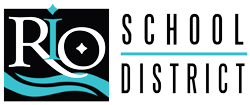Public Schools in 2019
Public schools serve multiple functions in our 2019 American society.
- They work directly with children, families and community to foster the development and learning of children.
- They harbor children and keep them safe during the school day while most parents are engaged in work or other related activities.
- They offer children and families the opportunity to engage with other children and families in the community providing social and other types of learning opportunities less easily accomplished in isolation.
- They provide adults in the community with opportunities to learn and contribute to the community at large.
- They foster the development of the citizenry in the American democracy.
- They provide children with opportunities for affirmation and care by adults and children other than their family.
The list of functions provided by American public schools is extensive and far exceeds the aforementioned central roles. As each new school year approaches and I interact with parents considering what school to have their children attend, there are inevitable narratives that emerge. Some highlight test scores, others that tend towards the logistics of afterschool day care and many that attempt to look far into the future and connect the early grades experience with family’s aspirations for their children down the road. It is rare, however, to have deeply informed conversations about what schools actually do and what they actually are in a societal sense. This I think is partially due to public schools often having challenges in communicating their functions beyond the cliche or superficial level. Many times, as we all likely are, parents have the individual concern for their child. They want their children “to be challenged” or to “get the help they need.” Apart from the academic side of things, they want their children to have a safe environment where they can have friends and grow and develop their well being.
One thing to consider beyond these narratives is how their children and their family contributes to the lives and well being of others in the local community. By engaging with and in the local community schools families more readily help to construct and develop the type of community they want to live in. This is a more participative and citizen based approach than a strictly consumer based notion of school choice. Ask not what the community can do for your children but what you and your children can do for the community as JFK might have said. Of course the value to the consumer or citizen comes back to them when parents and families and children are more connected to each other in their local neighborhoods through one of the last public agoras in our American democracy (public schools).
Rio will continue to invite all our local children and families to fully engage in co-constructing the best possible educational environments and outcomes striving to THRIVE as a system and community.
BLOG CATEGORIES


